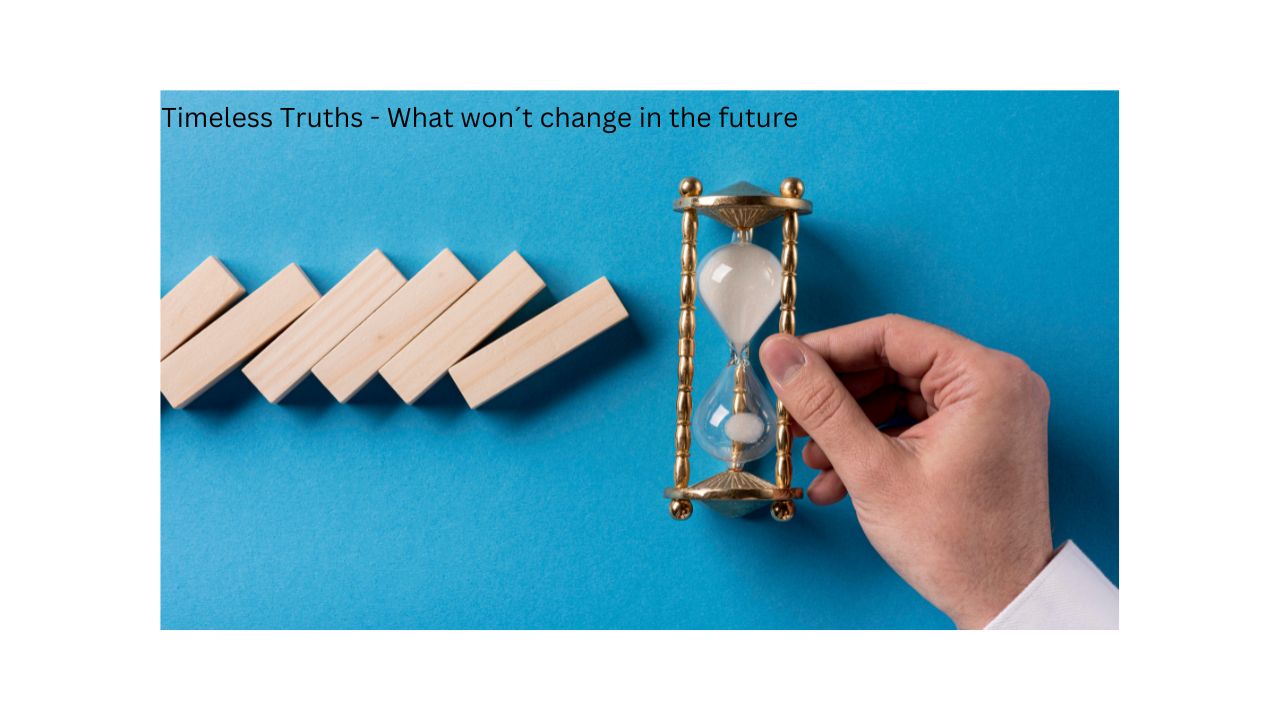Timeless Truths – What Won’t Change in the Future
When Jeff Bezos was asked to predict what’s going to change in 10 years, he said that what’s not going to change in 10 years is a better question because we could build our business based on that. He mentioned that in the retail business, people will always look for lower prices, faster delivery, and a vast selection of products. People won’t come back and say, “Hey, I love Amazon, I wish the prices were a little higher.”
This prompted me to think about what other things won’t change in the long term or remain permanent.
When I was in San Sebastián attending #BIOEQUITY, I encountered many Americans who were attending the congress. In Europe, the biotech community has always felt that biotech funding is better in the USA. However, when I interacted with them, they felt otherwise. Many of them said they were in Europe because the funding environment in the USA is not great. The grass on the other side is always greener. Whether it’s your neighbor’s/friend’s car, house, or job, it always looks better on the other side. This is not going to change in the long term.
The discussion about the biotech crash brings up another element of human psychology concerning market cycles. Why do cycles happen?
- When things go well, there is an aura of optimism; we think this optimism will continue forever. This leads to excessive risk-taking—taking on more debt, investing in assets not worth investing in, and stock prices going up.
- Then, one fine day, the bubble bursts, there is a market correction, prices decline, resulting in pessimism.
- Finally, the bargain-hunters start looking for opportunities, and they begin buying, leading to a correction of prices.
This cycle keeps going, and this is also not going to change.
As I have already written in several other posts, any of our habits—good or bad—has a compounding effect.
- If we eat junk food every day, it will have a compounding effect in the long term.
- If we read or meditate every day, it will have a compounding effect.
- If we invest prudently and consistently, it will have a compounding effect.
And this is not going to change.
What are other things, in your opinion, that won’t change?



